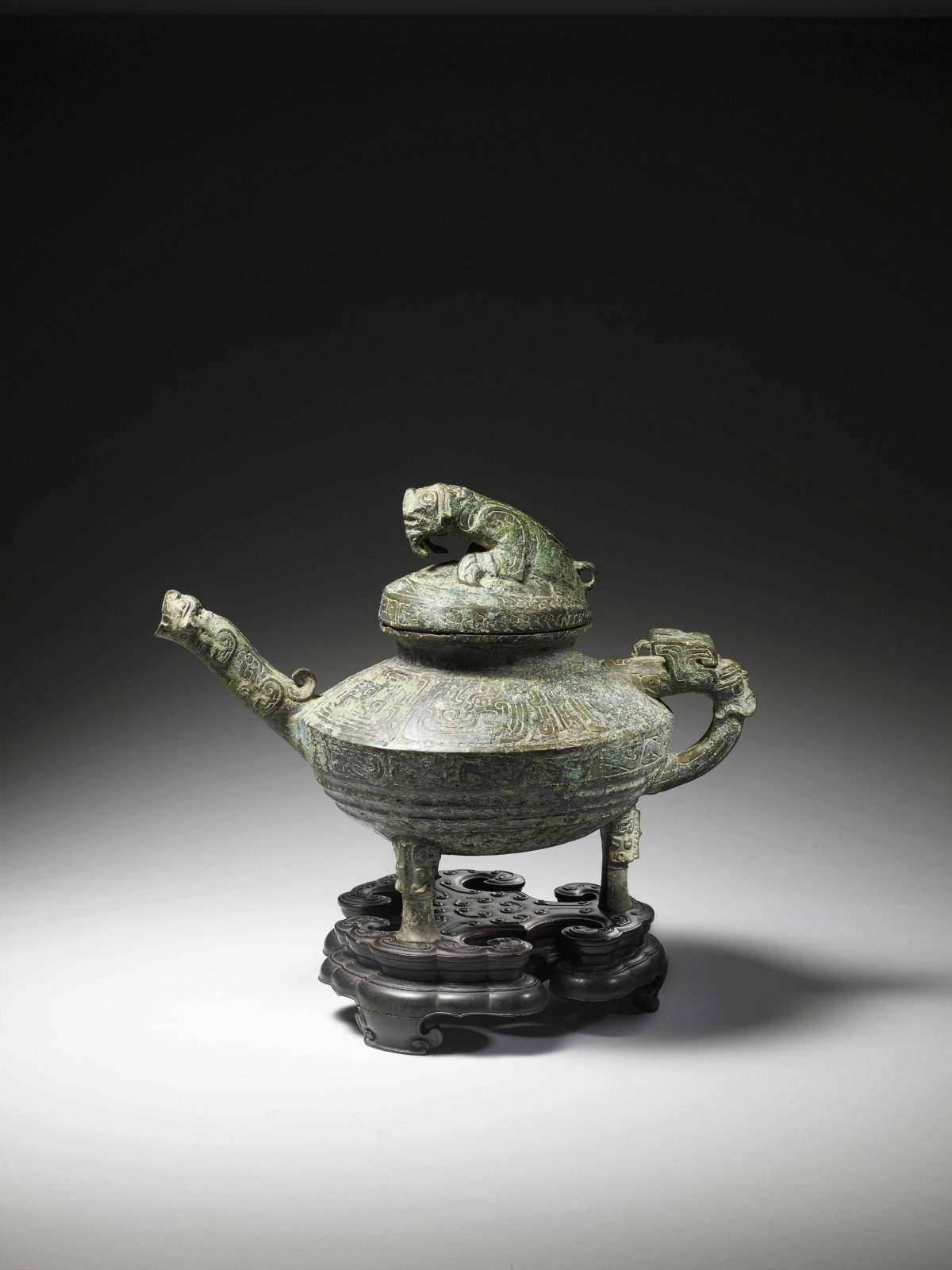Return of looted Summer Palace relic to China called for


Calls are mounting for the return of a 3,000-year-old bronze water vessel that was likely looted from Beijing’s Yuanmingyuan, or Old Summer Palace, in 1860.
The Western Zhou Dynasty (c.11th century-771 BC) relic is set to be auctioned at Canterbury Auction Galleries on Wednesday, with an estimated selling price of between 120,000 pounds and 200,000 pounds ($168,000-$280,000).
Documents found by the United Kingdom auction house suggest Royal Marines Captain Harry Lewis Evans (1831-83), who fought in the Second Opium War between 1856 and 1860, could have looted the so-called Tiger Ying when the Old Summer Palace was destroyed and sacked by British and French troops in 1860.
Cheng Xiaohe, an associate professor of international relations at Renmin University of China, said the issue is of importance to Chinese people because the “burning of Yuanmingyuan has been a symbol of shame for Chinese people for many years”.
“The Tiger Ying was taken by the British soldier, who is a real historical figure.Therefore, this plunder is an eternal pain in the hearts of the Chinese people. Asking for a return can partially relieve the suffering and humiliation of the Chinese people,” Cheng said.
He said the Chinese government has a right to claim illegally stolen relics.
“It is said that he (Evans) had clearly stated in the letter that the artifact was looted. The evidence that the Evans family illegally possessed the relics is a strong support for China to claim them back,” he said, noting that if it were returned to Beijing, the act would enhance Sino-British relations.
But legal experts in the UK said China has little or no legal claim to the vessel in international courts because it was taken more than a century ago.
Ian Fox-Williams, deputy head of law at Birmingham City University, said China has been trying to secure the return of looted items of national importance ever since the first international treaty dedicated to fighting illegal trafficking in cultural property was introduced in 1989.
“However, whilst it did sign the 1970 UNESCO convention concerning the protection of world cultural and natural heritage, China as a country can only seek the return of artifacts illegally exported after it joined the convention,” Fox-Williams said. “Under English law, the innocent purchaser of the Tiger Ying vessel, which was originally looted from the Summer Palace in China over 100 years ago, will be given priority over rights to the vessel.”
Fox-Williams suggested that another possible solution in such situations could have been found under the 1995 International Institute for the Unification of Private Law (UNIDROIT) Convention, which requires prospective buyers of artifacts to perform due diligence before buying items.
But, as China did not sign up to that convention until 1997, Fox-Williams noted that the vessel set to be auctioned will not be covered by UNIDROIT “since the looting of the vessel predated this by a significant period”.
“The quickest and easiest way of returning the Tiger Ying home to China will depend upon the wishes of the highest bidder,” he added.
In a statement last week, China’s State Administration of Cultural Heritage said: “We hope the related institutions will abide by the spirit of international agreements, respect the feelings of the people in the country where the relic is originally from and not trade looted relics.”
The bronze vessel is not the first relic to be auctioned in Britain that likely came from the looted Old Summer Palace.
In 2011, a Chinese imperial gilt metal box turned up at an auction in Salisbury with an inscription inside the lid that said “Loot from the Summer Palace, Pekin, Oct. 1860. Capt. James Gunter, King’s Dragoon Guards”. The box sold for 400,000 pounds.
In the same year, an auction house based in Dorchester sold pieces from the Old Summer Palace, including a yellow jade pendant carved in the shape of a dragon that was made in the 1700s. It sold for 478,000 pounds.
































